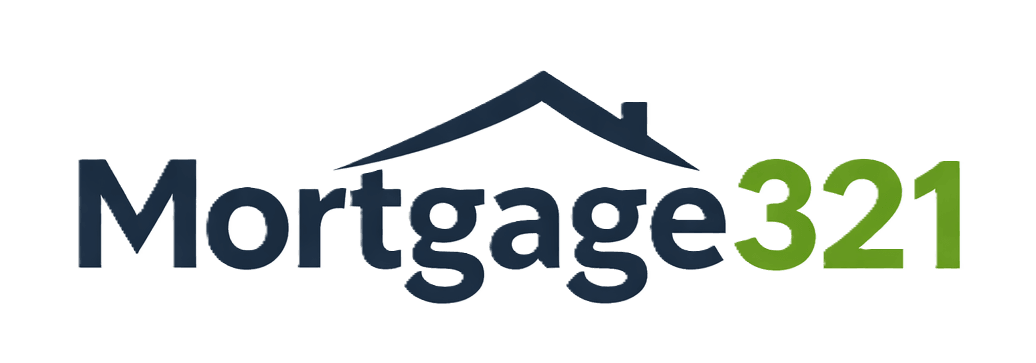Frequently Asked Questions About Mortgages in the UK: Your Queries Answered
MP
Understanding the Basics of Mortgages
For many people, buying a home is one of the most significant financial decisions they will make in their lifetime. To make this dream a reality, most people need a mortgage. A mortgage is essentially a loan from a bank or building society to help you purchase a property. The loan is secured against the value of your home until it's paid off in full.
Mortgages in the UK can seem complex, but understanding the basics can make the process less daunting. Generally, you will need to provide a deposit, which is a percentage of the property's price. The mortgage covers the rest, and you will repay this loan over an agreed period, typically 25 years.

What Types of Mortgages Are Available?
In the UK, there are several types of mortgages available to suit different needs and financial situations. The most common types include:
- Fixed-rate mortgages: The interest rate remains the same for a set period, usually 2-5 years, providing stability in monthly payments.
- Variable-rate mortgages: The interest rate can change, usually in line with the Bank of England's base rate.
- Interest-only mortgages: You only pay the interest each month, with the full loan amount due at the end of the term.
Choosing the right type of mortgage depends on your financial situation and future plans. It's crucial to assess your needs and consult with a financial advisor if necessary.
How Much Can I Borrow?
The amount you can borrow for a mortgage in the UK largely depends on your income and financial commitments. Lenders will typically offer a loan amount based on a multiple of your salary, often around three to five times your annual income. Additionally, they will consider your credit history and existing debts.

It's important to remember that while a lender might be willing to offer you a certain amount, it doesn't mean you should necessarily borrow that much. Consider your budget carefully and think about what monthly repayments you can realistically afford.
What Is the Mortgage Application Process?
The mortgage application process in the UK involves several steps:
- Affordability assessment: Lenders will assess your income and outgoings to determine how much you can afford to borrow.
- Agreement in principle (AIP): This is an indication from a lender that they would lend you a certain amount based on your financial situation.
- Full mortgage application: Once you've found a property, you'll submit a full application. This includes providing documents like payslips and bank statements.
- Valuation survey: The lender will conduct a survey to ensure the property's value matches the price you're paying.
What Are Mortgage Fees?
When applying for a mortgage, you'll encounter various fees. Some common mortgage fees include:
- Arrangement fee: Charged by the lender for setting up the mortgage.
- Valuation fee: Covers the cost of a valuation survey on the property.
- Legal fees: Cost of hiring a solicitor or licensed conveyancer to handle the legal aspects of buying a property.

It's essential to factor these fees into your overall budget when planning to purchase a home, as they can add up to a significant amount.
Can I Get Help with My Mortgage?
The UK government offers various schemes to help people get onto the property ladder. These include Help to Buy, Shared Ownership, and Lifetime ISAs. Each scheme has its own criteria and benefits, so it's worth exploring these options if you're struggling to afford a home.
Ultimately, navigating the world of mortgages can be challenging, but with the right information and guidance, you can make informed decisions that suit your financial situation and help you achieve your homeownership goals.
For more information or to discuss your unique mortgage requirements, get in touch with our team at Mortgage321 today on 01255 440142 or email [email protected].
